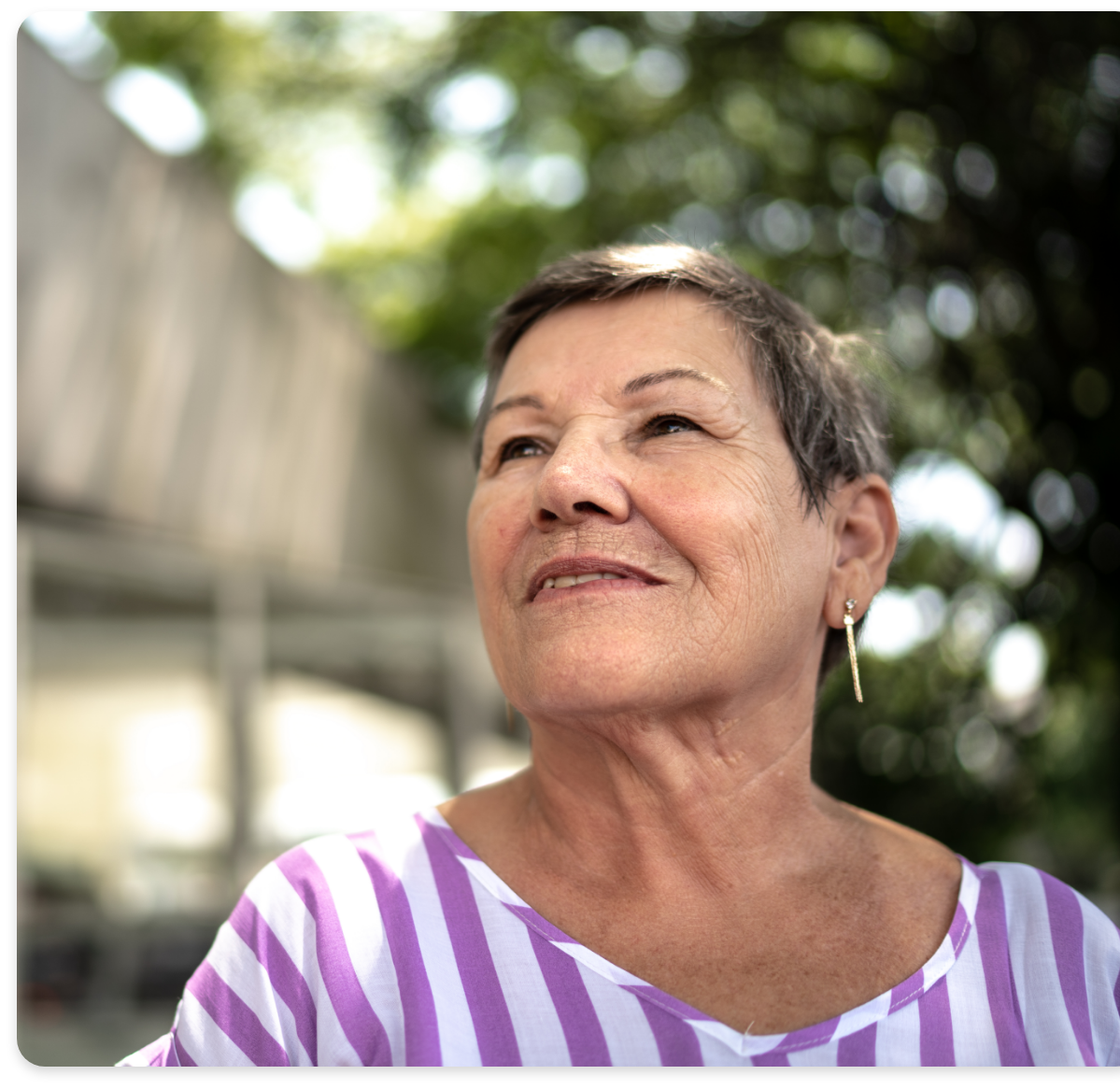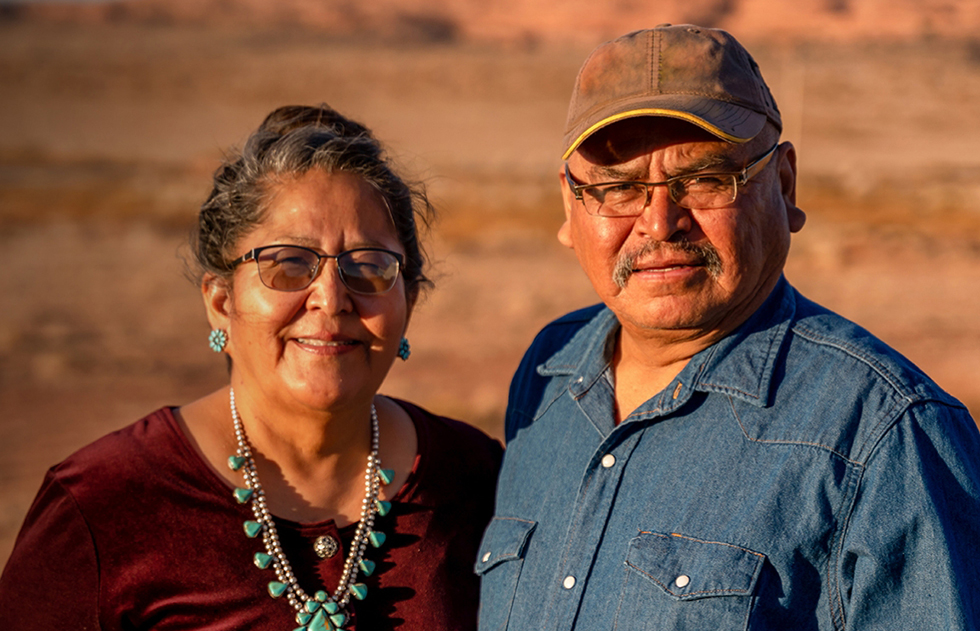The pandemic is over.
The need for
COVID information
COVID protection
COVID prevention
COVID mindfulness
COVID assistance
is not.
Find current information and resources related to COVID-19, Long COVID and vaccinations provided by the Arizona Community Engagement Alliance (AZ CEAL), a state-wide university-community partnership.
COVID is here to stay.
Fortunately, because most people have already been vaccinated and/or infected, the number of hospitalizations and deaths has dropped significantly and, for most people, infections are mild. Unfortunately, the risk of having a severe case is higher for some populations due to age, underlying medical conditions, certain disabilities, and/or being immunocompromised. Some studies indicate that these risk factors also increase the risk of Long COVID. Staying up to date with current health recommendations and COVID vaccinations may offer protection against severe disease, hospitalization, and death.

Current COVID Vaccine and Booster Guidelines from the CDC
The most current research shows that being up to date on COVID vaccines can help prevent serious illness, hospitalization, and death, especially in high-risk groups. Below are current COVID-19 vaccine recommendations from the CDC for Pfizer-BioNTech, Moderna, Novavax, and Johnson & Johnson’s Janssen.
These links take you out of this site to a trusted resource

Heightened Risk?
Heightened Need.
Age is the primary risk factor for serious cases of COVID. In Arizona, since September 2022, 86% of all COVID-related deaths occurred in individuals 65 years and older, and 94% in ages 55 and older.1 Other groups at higher risk for experiencing a severe case include:
Hispanic/Latino
African American
American Indian/Alaska Native
Underlying Conditions
Immunocompromised
According to the CDC, Hispanic/Latino persons have a higher risk for infection (1.5x), hospitalization (1.8x), and death (1.7x). Possible factors include high-risk jobs/careers, access to medical care, and higher rates of other medical conditions that affect COVID severity, including heart disease, obesity, diabetes, and kidney or liver disease.
According to the CDC, African American persons have a higher risk of infection (1.5x), hospitalizations (1.8x), and death (1.7x). Possible factors include high-risk jobs/careers, access to medical care, and higher rates of other medical conditions that affect COVID severity, including heart disease, obesity, diabetes, and kidney or liver disease.
According to the CDC, American Indian/Alaska Native persons have a higher risk of infection (1.5x), hospitalizations (1.8x), and death (1.7x). Possible factors include high-risk jobs/careers, access to medical care, and higher rates of other medical conditions that affect COVID severity, including heart disease, obesity, diabetes, and kidney or liver disease.
Obesity, diabetes, cancer, pulmonary disease, chronic kidney, lung, liver, or cardiac disease, neurologic disorders, and other conditions are associated with a higher risk of severe disease.
People who have a weakened immune system due to a health condition or certain medications and/or treatments (for example, chemotherapy, corticosteroids, and organ transplant medications) have a higher risk for severe COVID.
Hispanic/Latino
According to the CDC, Hispanic/Latino persons have a higher risk for infection (1.5x), hospitalization (1.8x), and death (1.7x). Possible factors include high-risk jobs/careers, access to medical care, and higher rates of other medical conditions that affect COVID severity, including heart disease, obesity, diabetes, and kidney or liver disease.
African American
According to the CDC, African American persons have a higher risk of infection (1.5x), hospitalizations (1.8x), and death (1.7x). Possible factors include high-risk jobs/careers, access to medical care, and higher rates of other medical conditions that affect COVID severity, including heart disease, obesity, diabetes, and kidney or liver disease.
American Indian/Alaska Native
According to the CDC, American Indian/Alaska Native persons have a higher risk of infection (1.5x), hospitalizations (1.8x), and death (1.7x). Possible factors include high-risk jobs/careers, access to medical care, and higher rates of other medical conditions that affect COVID severity, including heart disease, obesity, diabetes, and kidney or liver disease.
Underlying Conditions
Obesity, diabetes, cancer, pulmonary disease, chronic kidney, lung, liver, or cardiac disease, neurologic disorders, and other conditions are associated with a higher risk of severe disease.
Immunocompromised
People who have a weakened immune system due to a health condition or certain medications and/or treatments (for example, chemotherapy, corticosteroids, and organ transplant medications) have a higher risk for severe COVID.
Common Questions About COVID Vaccines
Keeping up to date with the most current COVID-19 information and recommendations has been challenging. Evolving information and changing policies have created confusion and fear, especially concerning COVID vaccines. We’ve worked with health experts and trusted sources to help address common concerns about COVID vaccines.

I want to know more about:
Resources
Find the most current research, news and answers to frequently asked COVID-related questions.
What is Long COVID?
For some people, COVID symptoms linger for weeks or months after their initial infection, or new symptoms develop over time. Researchers are still learning why “Long COVID” affects some people and not others, and the best ways to reduce your risk.

What is Long COVID?
For some people, COVID symptoms linger for weeks or months after their initial infection, or new symptoms develop over time. Researchers are still learning why “Long COVID” affects some people and not others, and the best ways to reduce your risk.









